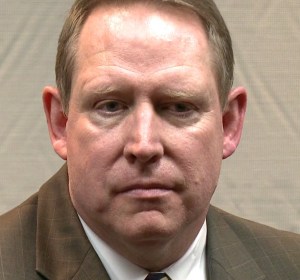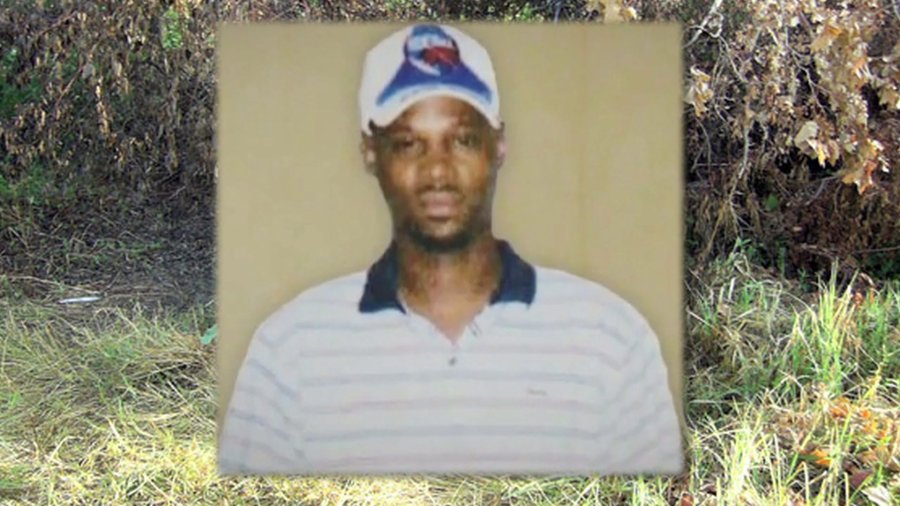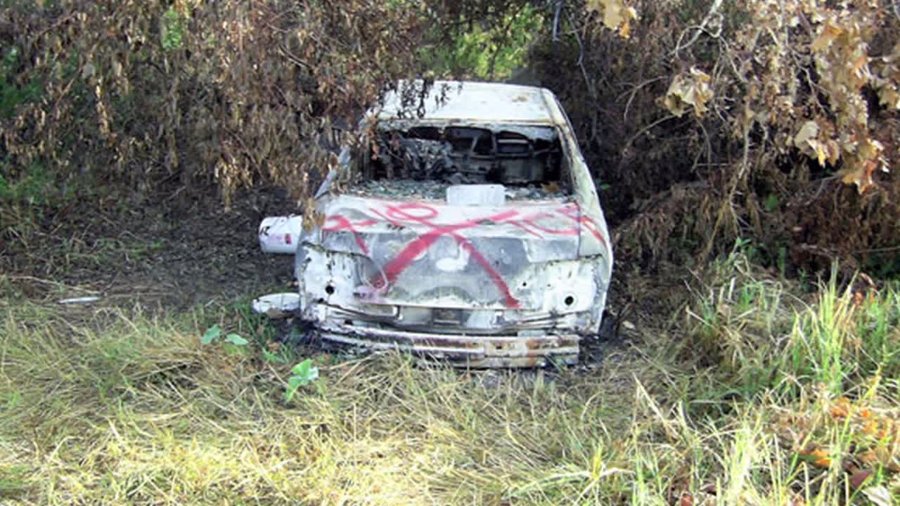This is an archived article and the information in the article may be outdated. Please look at the time stamp on the story to see when it was last updated.
NEW ORLEANS (WGNO) – “I hollered. I screamed, ‘Oh my God, Jesus, we got it!'” That’s how Henry Glover’s aunt, Rebecca Glover, says she reacted when she first heard the news that her nephew’s death had been reclassified.
The Orleans Parish coroner has reclassified the post-Katrina death of Henry Glover as a homicide, nearly ten years after New Orleans police officers shot him and burned his body. Dr. Jeffrey Rouse announced the news in a press release Wednesday afternoon.
“It is my duty as Coroner to determine the most accurate cause and manner of death based upon both investigative and autopsy evidence,” said Dr. Rouse. “If there is new evidence, it must be evaluated, and previous opinions must be re-considered in its light. After a review of all available evidence and a review of court transcripts, it is my obligation to reclassify the death of Henry Glover.”In a phone interview later, Coroner Rouse told WGNO that he began looking into new evidence a couple of months ago, because he felt an “ethical and moral obligation.” He said that outside evidence on a federal level was essential to the reclassification, but would not clarify what particular evidence led to the decision to change Glover’s “undetermined” death to a “homicide.” “Classifying deaths is a medical opinion. The change of a classification of death is not a judicial finding,” Rouse said in the press release. However, Rouse did verbally confirm to WGNO that Glover’s death was homicide by gunshot. The 31-year-old was killed and his body was burned in the days following hurricane Katrina in 2005. The coroner at the time, Frank Minyard, left Glover’s death as “undetermined,” even though there were metal fragments in Glover’s ribs, presumably from an NOPD officer’s bullet.

“Because there is no newly discovered evidence, it is fundamentally unfair, if not a violation of principal of Double Jeopardy, to commence a third trial of Mr. Warren. Federal authorities have spent hundreds of thousands of dollars over four years, interviewing hundreds of witnesses, pursued two trials, and finally concluded there is no ballistics or forensic evidence in the case. Fundamentally fair dictates that with no additional evidence, the federal jury verdict as to Mr. Warren should be accepted by state authorities and the public,” Simmons said. “David Warren has been cleared of any wrongdoing in the shooting of Henry Glover. He was found ‘Not Guilty’ of Civil Rights Murder in the first trial in 2010, and ‘Not Guilty’ of using excessive force against Glover in the second trial in 2013. Two separate juries found not only that Warren did not murder Glover, but also that his use of force as a police officer in those circumstances was appropriate, because he feared for his life. Double Jeopardy bars any further federal prosecution and prescription bars and lesser offenses in state court. If the state merely secures the same evidence from federal authorities, Double Jeopardy would apply.”The President of the New Orleans NAACP, Morris Reed, said Wednesday’s decision was “better late than never” and called it “an informal indictment of the predecessor coroner’s office.” “But we know that that office has been derelict in its public responsibility for a long period of time,” he added. Rouse said that he would not comment on the actions of his predecessor.




